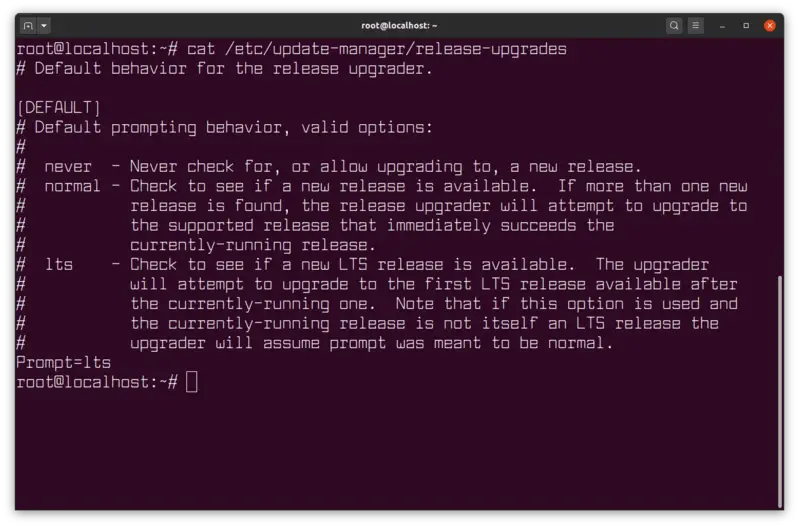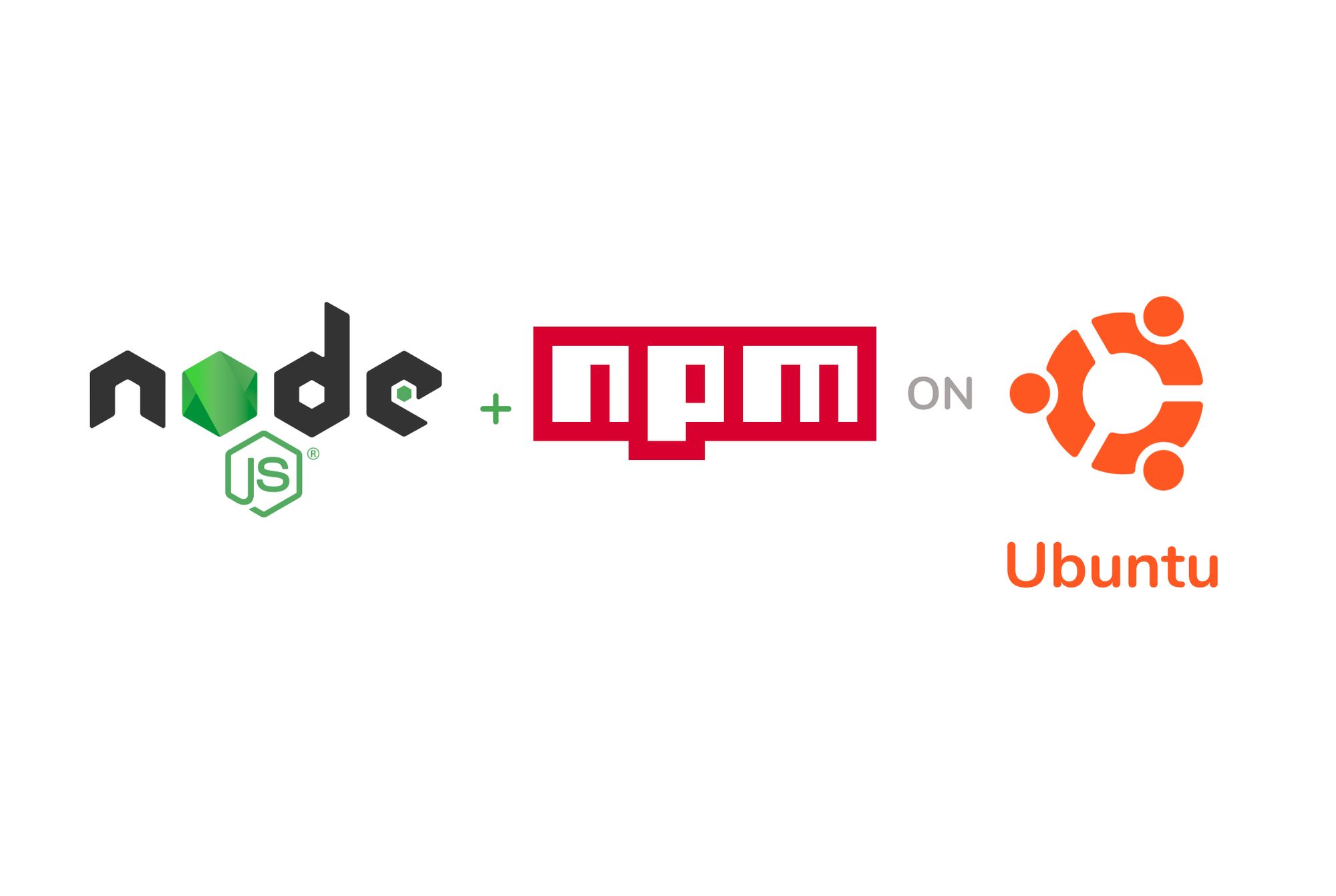
Step 1: Open Terminal and update the local package manager first. You can use the apt package manager to obtain the latest version and install Node on Ubuntu. This means that you don’t need to go for third-party repositories to install a different version for quick experimentation with the language. There exists a version of Node.js in Ubuntu 18.04’s default repositories that can be used to have a consistent coding experience. With that being said, let’s dive right into the Node.js Ubuntu installation process. To understand the syntaxes used in this tutorial, you might need some knowledge about the command line tools. We are going to cover 3 ways in which you can install Node.js on Ubuntu in this tutorial - using Apt, using a PPA (Personal Package Archive), using nvm. If you are a junior developer and are only starting out with programming and need help with covering the basics of programming, look no further. In this tutorial, we are going to show you how to install Node.js on Ubuntu 18.04. However, it is also very popular as a full-stack and front-end solution.

It’s mainly a server-side scripting language for the front-end language JavaScript, used to produce the dynamic web page content before it’s displayed on the user's web browser. Released back in 2009, Node.js is an open-source, cross-platform, back-end JavaScript runtime environment. The cloud has helped such programming languages become a success.


Node.js has rapidly become an extremely popular part of technology to host dynamic applications on the internet.


 0 kommentar(er)
0 kommentar(er)
